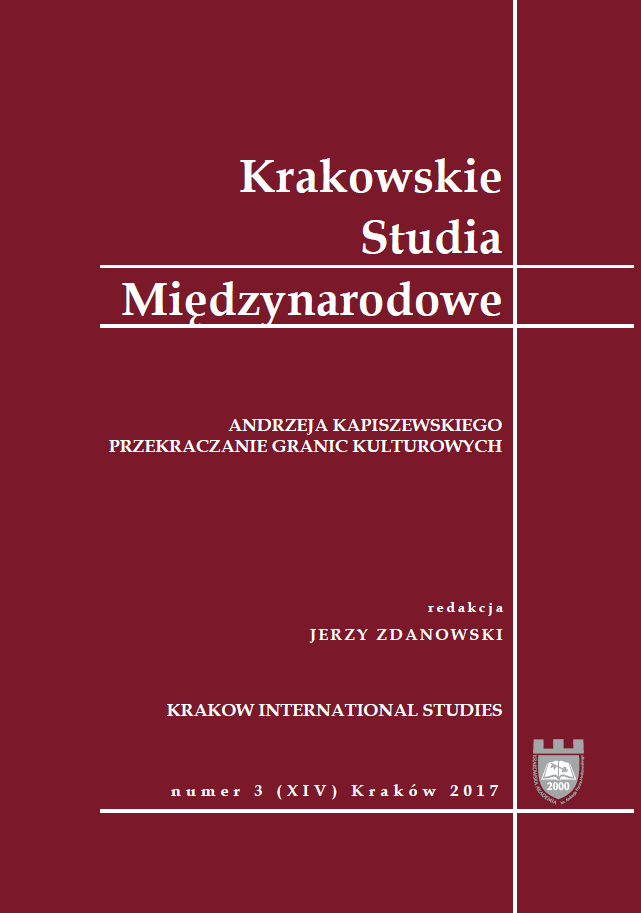Bezpieczeństwo energetyczne Japonii w kontekście stosunków z państwami Zatoki Perskiej w latach 2007−2016
Japan’s Energy Security in the Context of Relations with the Gulf States between 2007 and 2016
Author(s): Ewa TrojnarSubject(s): National Economy, Energy and Environmental Studies, Economic policy, International relations/trade, Security and defense, Policy, planning, forecast and speculation
Published by: Oficyna Wydawnicza AFM Uniwersytetu Andrzeja Frycza Modrzewskiego w Krakowie
Keywords: energy security; Japan; GCC
Summary/Abstract: Japan, the third largest economy in the world in terms of GDP, estimated at $4.9 trillion in 2016, the fourth largest exporter and importer with turnover of more than $ 1.2 trillion in 2016, has enormous energy needs and it lacks natural resources. Compete with very low energy self-suffi ciency i.e. 7.7% in 2015, Japan remains the fourth largest importer of energy raw materials in the world, for example, in 2016, it bought 6.4% of world traded oil. In the vast majority the Japanese import of fuels comes from the Middle East − about 80% of crude oil and 25% of natural gas. The Gulf Cooperation Council (GCC), i.e.: Saudi Arabia, Bahrain, Qatar, Kuwait, Oman, and United Arab Emirates, in 2016 were responsible for 24.4% of world crude oil production, with reserves of nearly 29.1% and 11.8% of global natural gas production and 22.1% reserves. Maintaining good relations with such key players on energy markets shapes Japan’s energy security. Accordingly, this article aims at identifying determinants of Japan’s energy security in the context of relations with the GCC states in the years 2007−2016. It also analyzes the change of Japan’s relations with the GCC states as a consequence of the Fukushima nuclear power plant disaster in March 2011 as well as an impact of global phenomena, such as changes in oil prices on Japan’s energy security. In this context, cooperation between Japan and with the GCC countries has gained new signifi cance. Besides that, so far, partners have failed to fi nalize negotiations on the creation of a free trade area.
Journal: Krakowskie Studia Międzynarodowe
- Issue Year: XIV/2017
- Issue No: 3
- Page Range: 167-177
- Page Count: 11
- Language: Polish

